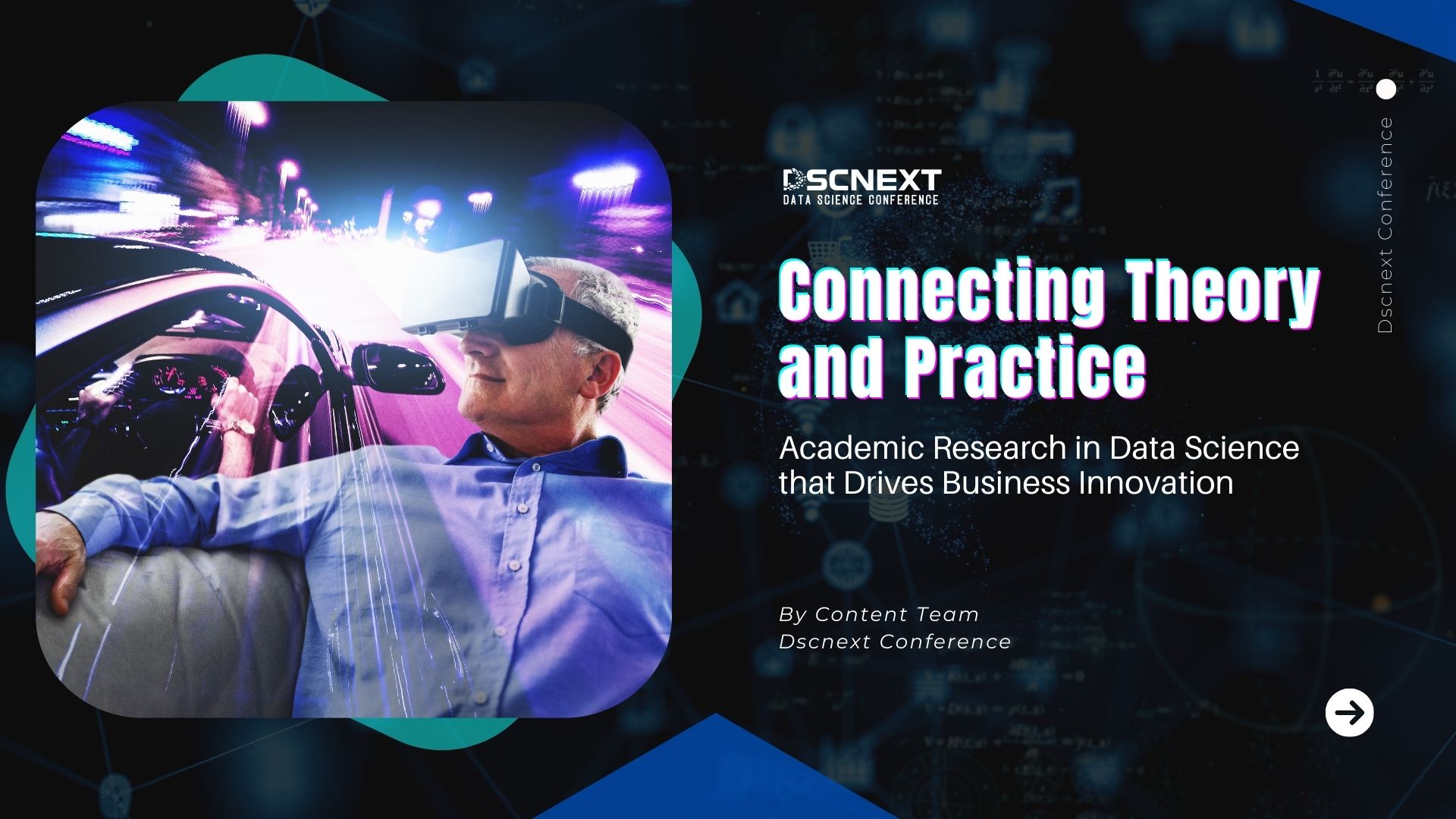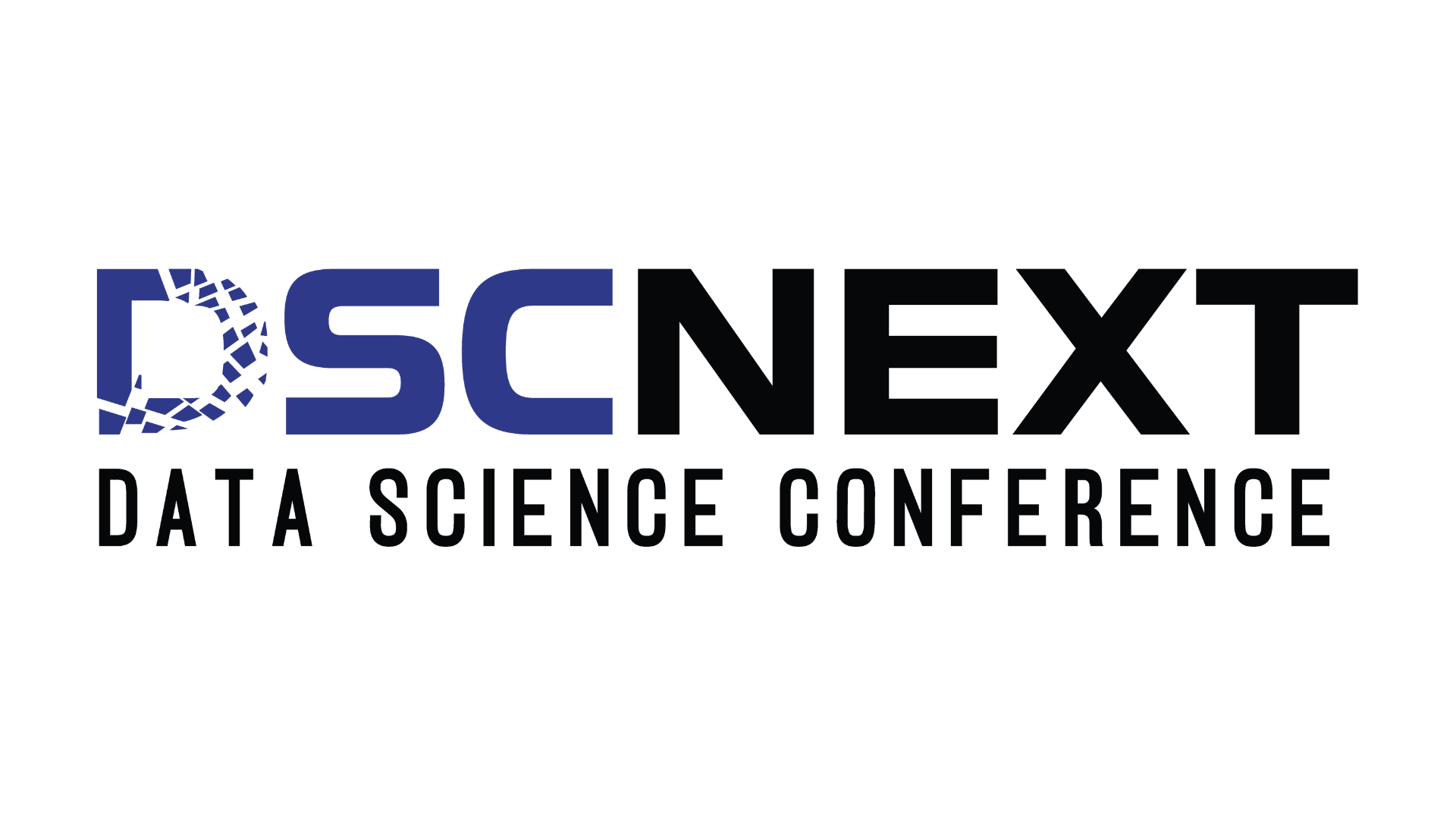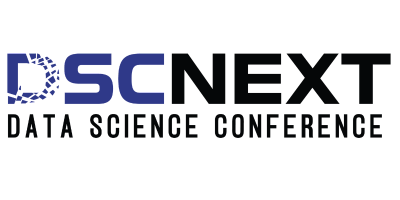
In an age where data underpins virtually every business decision, academic research in data science is proving to be a powerful catalyst for business innovation. The collaboration between academia and industry creates a unique ecosystem where theories are tested and refined in real-world applications, paving the way for groundbreaking advancements. This blog explores how academic research bridges theory and practice, ultimately transforming industries and redefining the competitive landscape.
1. The Academic-Industry Nexus: A Synergy of Ideas
Academic research has long been instrumental in laying the foundation for future technological advancements. In data science, this is particularly evident. Universities and research institutions develop cutting-edge algorithms, machine learning models, and data analysis techniques. By partnering with businesses, these theoretical models gain practical relevance and validation.
For businesses, working with academic researchers brings fresh perspectives and access to groundbreaking methodologies. For instance, companies exploring advanced AI applications often partner with academic institutions to access highly specialized skills and research, which they can then adapt and implement. This collaboration enables businesses to stay ahead of the curve while offering academia an opportunity to see their work in action, fueling further inquiry and refinement.
2. Driving Business Value Through Applied Data Science
Academic research provides businesses with data science methods that go beyond incremental improvements to drive value in significant ways. Here are some examples:
- Predictive Analytics: Academic research in predictive analytics enables companies to anticipate market trends, optimize supply chains, and even predict customer behavior. In sectors like retail, healthcare, and finance, these capabilities can transform operations, reducing costs and enhancing customer satisfaction.
- Natural Language Processing (NLP): Advances in NLP from academic research have significantly impacted customer support, market analysis, and content management systems. Businesses utilize NLP algorithms to gain insights from unstructured data, such as customer reviews or social media, enabling them to respond to customer needs with greater precision.
- Deep Learning and Image Recognition: Used extensively in areas like autonomous vehicles, healthcare diagnostics, and retail, innovations in deep learning from academia have reshaped traditional processes. For instance, in healthcare, research-backed image recognition techniques help doctors detect diseases earlier, improving patient outcomes and optimizing healthcare costs.
These innovations highlight how academic theory, when applied to real-world challenges, has the potential to bring transformative change across industries.
3. Translating Complex Theory to Practical Solutions
One of the greatest challenges for businesses is translating the complex theories developed in academic research into actionable solutions. This is where data scientists play a pivotal role in bridging the gap, interpreting advanced research findings into strategies that businesses can deploy.
Companies like IBM, Google, and Amazon invest heavily in translating theoretical research into products that offer real-world value. For example, Google’s BERT model, a breakthrough in language processing developed from academic research, has been adapted to improve search engine performance and understanding of natural language.
Additionally, open-source platforms like TensorFlow and PyTorch—originally products of academic research—provide tools that democratize machine learning. With these tools, companies can implement and experiment with advanced algorithms without having to build them from scratch, accelerating innovation and time-to-market.
4. Data Science for Social Impact: Ethical Considerations in Business Applications
A crucial contribution of academic research in data science is the ethical dimension it brings to business applications. Researchers delve into the implications of data privacy, bias, and transparency, creating a foundation for ethical data use that guides businesses in responsible innovation.
Businesses today operate under heightened scrutiny concerning how they handle data. Ethical frameworks developed by academic researchers help organizations navigate complex issues such as bias in AI algorithms and data protection, ensuring that their innovations are both responsible and legally compliant. These ethical considerations are not just beneficial but essential in industries like finance, healthcare, and government, where trust and fairness are critical.
5. Fostering a Culture of Continuous Learning and Innovation
For businesses, collaborating with academia provides more than just technical insights; it fosters a culture of continuous learning and adaptability. As data science evolves, businesses that engage in academic partnerships remain agile, adapting to new methods and refining their processes accordingly.
For example, telecommunications and finance sectors invest in collaborative research with universities to anticipate changes and identify future trends. By engaging in such partnerships, they build teams that are not only skilled in data science but are also open to new ideas and approaches, a crucial advantage in rapidly changing industries.
6. The Future: Academic Research as a Driver of Industry Transformation
The future of business innovation will undoubtedly be shaped by advancements in academic research in data science. From AI-driven decision-making to real-time analytics and automated processes, the next generation of business tools and strategies will continue to be rooted in academic findings.
Moreover, as data science becomes increasingly interdisciplinary, drawing from fields like neuroscience, psychology, and economics, we can expect to see even richer collaborations between academia and industry. Businesses that actively participate in these collaborations will not only benefit from the latest insights but will help shape the future of the industry itself.
Conclusion
Academic research in data science is a critical driver of business innovation, enabling companies to harness the latest theoretical advancements for practical applications. Through collaboration, ethical considerations, and continuous learning, businesses can use academic research to create impactful, responsible solutions that redefine industry standards. As we move forward, the synergy between academia and industry will continue to expand the frontiers of what’s possible, pushing businesses toward new horizons of data-driven success.


